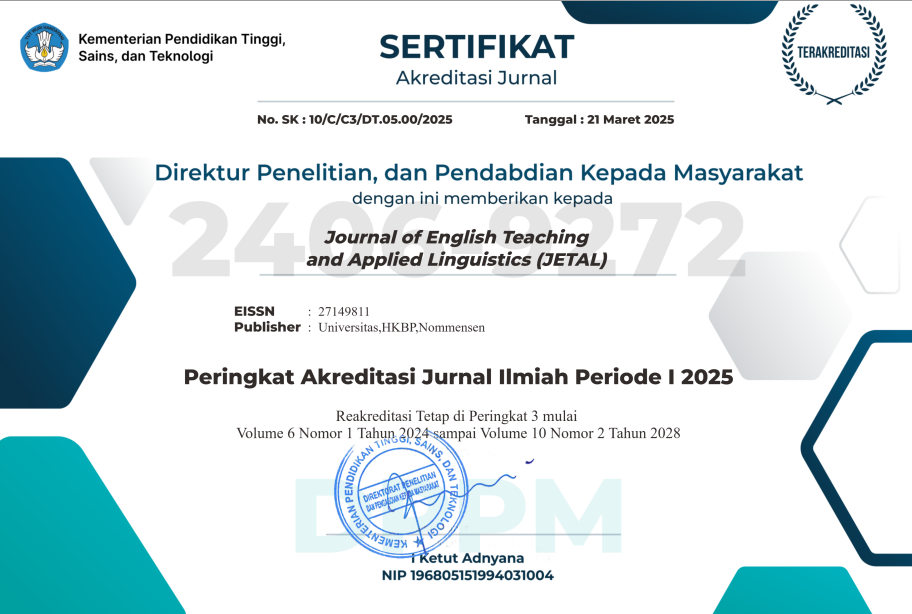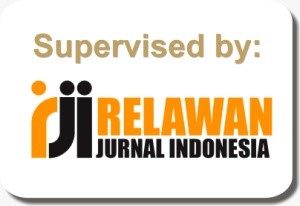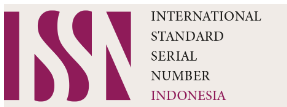ENHANCING ENGLISH PRONUNCIATION STRESS PATTERNS THROUGH LYRIC-BASED SONG ON SPOTIFY
Abstract
This study investigates the use of songs with moving lyrics on the Spotify app as a medium to improve the pronunciation skills of first-grade vocational high school students. This classroom action research was conducted at SMK TI YPML and employed pre-tests, post-tests, observation checklists, and questionnaires to evaluate the effectiveness of the intervention. The results showed the effectiveness of using songs with moving lyrics on the Spotify app to enhance English pronunciation skills, specifically focusing on stress patterns among students, conducted through a single cycle approach. Pre-test results revealed a mean score of 52, with 80% of students below the competency benchmark of 66. Post-test scores improved significantly, with the average rising to 63 and 60% of students meeting the learning objectives. Observational data indicated high levels of attendance, involvement, and enjoyment, while questionnaire responses showed a good understanding of pronunciation concepts, despite some challenges in engagement and specific sound articulation. These findings demonstrate the positive impact of innovative teaching methods on pronunciation skills, particularly in mastering stress patterns, while also highlighting the need for additional support for struggling students.
References
AlTwijri, L., & Alghizzi, T. M. (2024). Investigating the integration of artificial intelligence in English as foreign language classes for enhancing learners’ affective factors: A systematic review. In Heliyon (Vol. 10, Issue 10). Elsevier Ltd. https://doi.org/10.1016/j.heliyon.2024.e31053
Amanda Amanda, Elsa Muliani Sukma, & Yani Lubis. (2023). The Error Analysis that Faced by Student’s in Pronounce a Words. PUSTAKA: Jurnal Bahasa Dan Pendidikan, 3(4), 232–243. https://doi.org/10.56910/pustaka.v3i4.732
Anne Burns. (2010). Doing Action Research in English Language Teaching: A Guide for Practitioners (1st Edition). Routledge.
Barrios, E., López-Gutiérrez, A., & Lopez-Agudo, L. A. (2022). Language-related perceptions: How do they predict student satisfaction with a partial English Medium Instruction in Higher Education? Journal of English for Academic Purposes, 57. https://doi.org/10.1016/j.jeap.2022.101121
Chen, M., Mohammadi, M., & Izadpanah, S. (2024). Language learning through music on the academic achievement, creative thinking, and self-esteem of the English as a foreign language (EFL) learners. Acta Psychologica, 247. https://doi.org/10.1016/j.actpsy.2024.104318
Fadillah, A. C. (2020). PRONUNCIATION DIFFICULTIES OF EFL LEARNERS IN INDONESIA: A LITERATURE STUDY (Vol. 1, Issue 2). https://jurnalbudaya.ub.ac.id
Jaelani, J. (2021). The Lingua Franca Core (LFC) and Its Impact on Pronunciation Teaching Practice in Indonesia. Humanitatis : Journal of Language and Literature, 8(1), 107–116. https://doi.org/10.30812/humanitatis.v8i1.1522
Kadir, N. R. (2021). THE EFFECTIVENESS OF ENGLISH SONGS TO IMPROVE STUDENTS’ PRONUNCIATION OF SINGLE VOWELS IN ENGLISH WORDS FOR EFL STUDENTS. 09, 165–171.
Kemmis, S., McTaggart, R., & Nixon, R. (2014). The Action Research Planner (1st ed.). Springer Singapore. https://doi.org/10.1007/978-981-4560-67-2
Permata Sari, N., Zafirah, T., Rahmah, Z., & Xu, R. (2024). Enhancing Students’ Pronunciation By Using The Spotify App (Vol. 02). https://jurnal.rahiscendekiaindonesia.co.id/index.php/jetlhttps://jurnal.rahiscendekiaindonesia.co.id/index.php/jetl
Pratiwi, D. R., & Indrayani, L. M. (2021.). Pronunciation Error on English Diphthongs Made by EFL Students. 19(1).
Purwati, D., Dompu, Y., & Restall, G. C. (2022). “Sorry, I Can’t Speak”: English Teachers’ Challenges of Teaching EFL Speaking in an Indonesian Vocational High School Sector 1. In MEXTESOL Journal (Vol. 47, Issue 1).
Saldıraner, G., & Cinkara, E. (2021). Using Songs in Teaching Pronunciation to Young EFL Learners (Vol. 62). https://digital.car.chula.ac.th/pasaa
Schmidt, K. (2002). Classroom Action Research: A Case Study Assessing Students’ Perceptions and Learning Outcomes of Classroom Teaching Versus On-line Teaching. Journal of STEM Teacher Education, 40(1). https://ir.library.illinoisstate.edu/jste/vol40/iss1/4
Shen, D., & Zhao, W. (2024). A Method for Improving the Pronunciation Quality of Vocal Music Students Based on Big Data Technology. International Journal of Web-Based Learning and Teaching Technologies, 19(1). https://doi.org/10.4018/IJWLTT.335034
Shofa Tsuraya, A. (2023). The Effectiveness Of Intuitive-Imitative Approach For Teaching English Pronunciation In Indonesia Vocational High School.
Ulate, N. V. (2008). Using Songs to Improve EFL Students’ Pronunciation 1. 93–108. http://www.newhorizons.org/
Wuli Fitriati, S. (2020). English Education Journal English Word Stress Production of Male and Female Madurese Students. EEJ, 10(1), 102–109. http://journal.unnes.ac.id/sju/index.php/eej

This work is licensed under a Creative Commons Attribution-ShareAlike 4.0 International License.
Authors retain copyright and grant the journal right of first publication with the work simultaneously licensed under a Creative Commons Attribution-ShareAlike 4.0 International License (CC BY-SA 4.0) that allows others to share the work with an acknowledgment of the work's authorship and initial publication in this journal.
Authors are able to enter into separate, additional contractual arrangements for the non-exclusive distribution of the journal's published version of the work (e.g., post it to an institutional repository or publish it in a book), with an acknowledgment of its initial publication in this journal.
Authors are permitted and encouraged to post their work online (e.g., in institutional repositories or on their website) prior to and during the submission process, as it can lead to productive exchanges, as well as earlier and greater citation of published work (See The Effect of Open Access).






